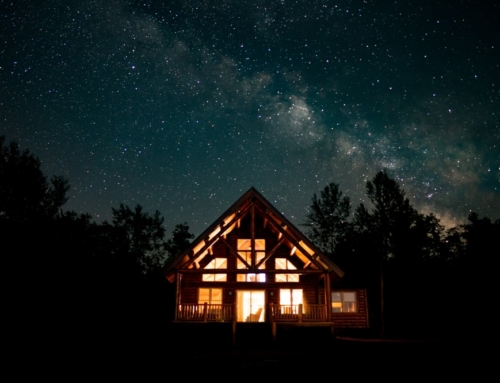Whether you’re still living with your parents or you’re contemplating the purchase of your fourth home, buying your next piece of real estate probably won’t be easy.
With the real estate market in a slowdown, and interest rates on the rise, what had been a relatively simple decision over the past dozen years or so has become more complicated.
There are plenty of good buys out there. But calculating your best buy means understanding everything from local market forces, to agency representation, to your own motivations.
To make a truly great buy, you’ll have to plan carefully, watch closely and move quickly when the time comes. Here are some issues to think through before you make an offer on your next house:
- Where does this purchase fit in your cycle of life?
Are you a first-time buyer or moving across the country to take a new job? Is this a long or short-term investment purchase? Are you a Baby Boomer purchasing a second or third home or have you decided to retire and are looking for the last home you’ll purchase? Are you building a family retreat for the next generation? Or, perhaps you’ve just received a raise and want to add space and amenities to raise your quality of life.
No matter what the reason is for looking for a new home, it’s important to think about why you’re doing it and how long you plan to stay. Most people live in their homes for just 5 to 7 years (and keep their mortgages for far less time). How long you plan to stay has a direct impact on what you buy and how you pay for it.
- How much do you want to spend on this next house purchase?
If you already own a primary residence and are looking to add a second or vacation home into the mix, you have to consider other costs besides simply the mortgage, insurance premiums and real estate taxes.
You should budget for the cost of maintaining, repairing and renovating the property. If you don’t plan to live in the property full-time, you’ll need to pay someone to check in on the place to make sure it’s still standing. Or, you may need to pay someone to manage the property for you while you’re gone, to ensure the lawn gets cut, the pool gets cleaned, and the house stays in one piece.
- Should you buy your own place or a piece of something else?
Last year, about 40 percent of all homes purchased were second homes or investment property. But the costs (and headaches) of owning and maintaining a second home have contributed to the popularity of timeshares, hotel condominiums, high-end vacation clubs and other forms of partial or fractional property ownership.
It’s nice to be able to call a 2,000 square foot hotel suite “home” for 4 weeks a year, but at the same time, someone else is living in your space and you may not be able to unload your fractional share at a moment’s notice. Timeshares are notoriously difficult to sell as well. Plus, you still have annual (and sometimes monthly) maintenance fees.
Will you get your money out of a second home or a fractional property purchase? Anecdotal evidence suggests that it depends very much on what you buy, where you buy it, who built it, and how well the property has been maintained.
- Location and lifestyle amenities matter.
Whether you have children in public school or plan to walk to work, location and lifestyle amenities play an important role in defining the right location for the next house you purchase.
Obviously, school districts are important. Various studies have shown that homes located in great school districts appreciate faster than homes located in mediocre school districts.
But you should also consider your future commute (to work, or the airport if you plan to travel a great deal in your work or retirement life), distance to friends, family and a house of worship, crime statistics and recreational opportunities, such as a park district, water or mountains.
Is there a Starbucks nearby? If so, there may also be trendy restaurants, organic grocery stores, and fun shops to try out. If it is important to you, you should check for a nearby workout facility, medical center, and social clubs.
Don’t forget to check out crime statistics, area air quality, local traffic congestion, and whether you can get high-speed Internet access (or even local wireless).
While it’s important to choose the right neighborhood in terms of amenities and lifestyle, it’s equally important to find a place where you feel comfortable. After identifying a location, plan to spend some time there, hanging out, eating in local restaurants, and visiting the local library, so you can make a fair call on whether this particular location will work out for you.
June 10, 2006.






Leave A Comment